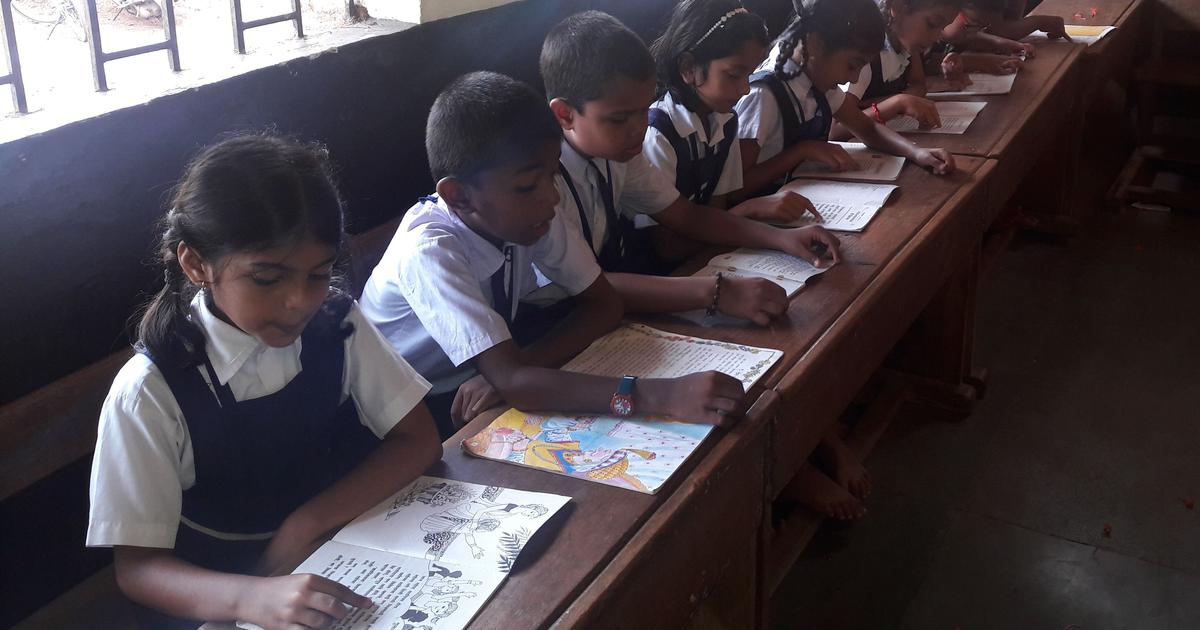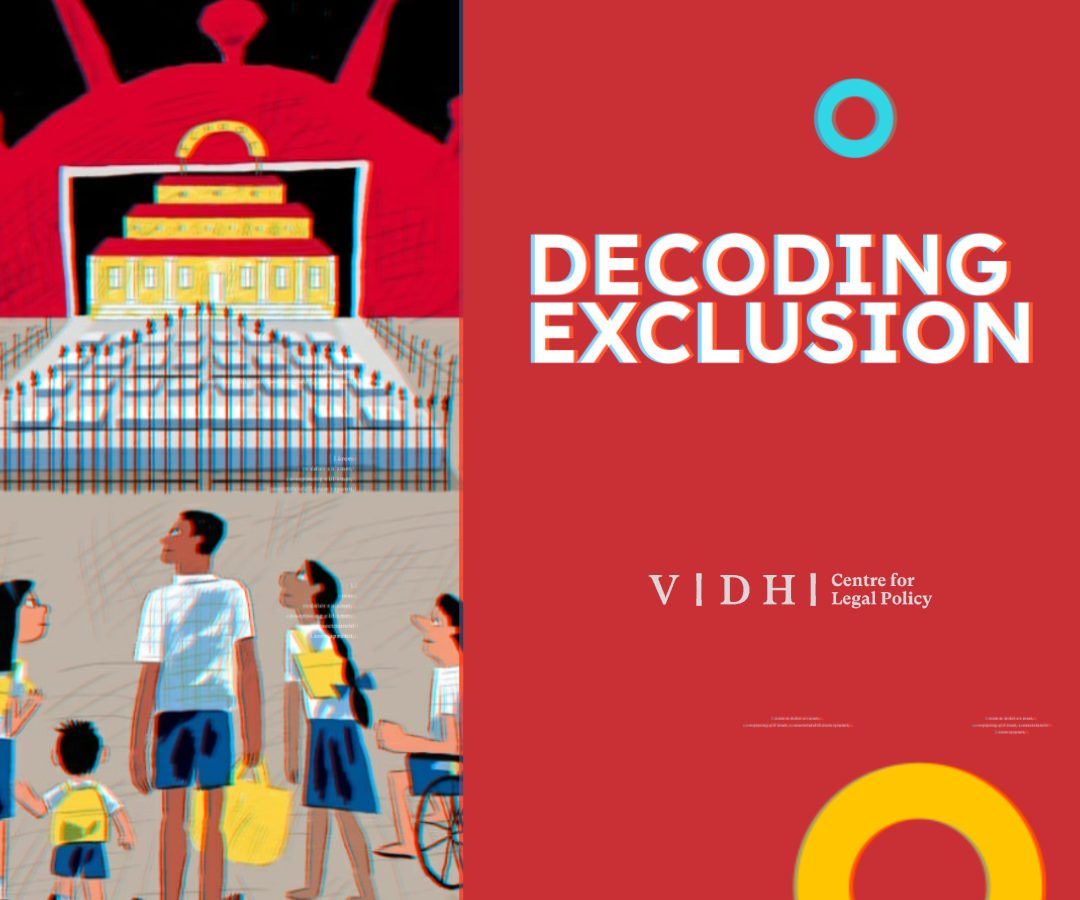The Right to Free and Compulsory Education Act, 2009 is a remarkable legislative step that makes the Constitutional guarantee to free education for children between six and fourteen years a reality. However, like other social welfare legislation, the challenge lies in its implementation. At the 10-year anniversary of the Act, although there was significant progress on enrolment, the quality of education remained a concern—the District Information System of Education found that only 13 percent of all schools in India fully complied with the norms that the Act lays down, such as pupil-teacher ratios, barrier-free access, and safe drinking water and sanitation facilities.
Poor implementation has a disproportionate impact on children from vulnerable sections of society, particularly children with disabilities and those from migrant households. The Act itself is vulnerable to dilution. Since its passage, the no-detention policy has been reversed and state governments themselves are attempting to exempt private schools from the obligation to reserve seats for children from economically weaker sections.
Vidhi’s work aims to ensure that the Act fulfils its promise by developing a normative conception of inclusive education against which the implementation of the Act is assessed and legal and policy reforms are proposed. In its past body of work, Vidhi has developed such normative conceptions in several contexts, such as reconciling the mandate of the Act with the educational autonomy of religious and linguistic minorities and in evaluating state-level private school regulation.
It has also worked on incorporating the disability perspective in education access and delivery and harmonising the distinct legal frameworks that govern these two issues. With a team of legal and social science researchers, Vidhi will focus on empirical research that raises awareness among relevant stakeholders about the gap in inclusive education for vulnerable groups and that identifies structural solutions for reform.


